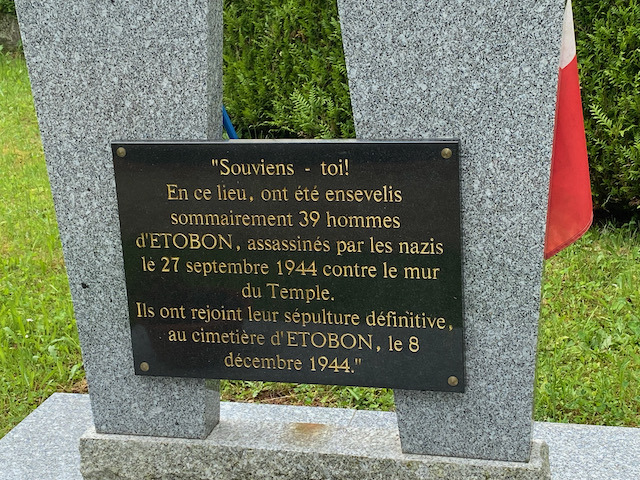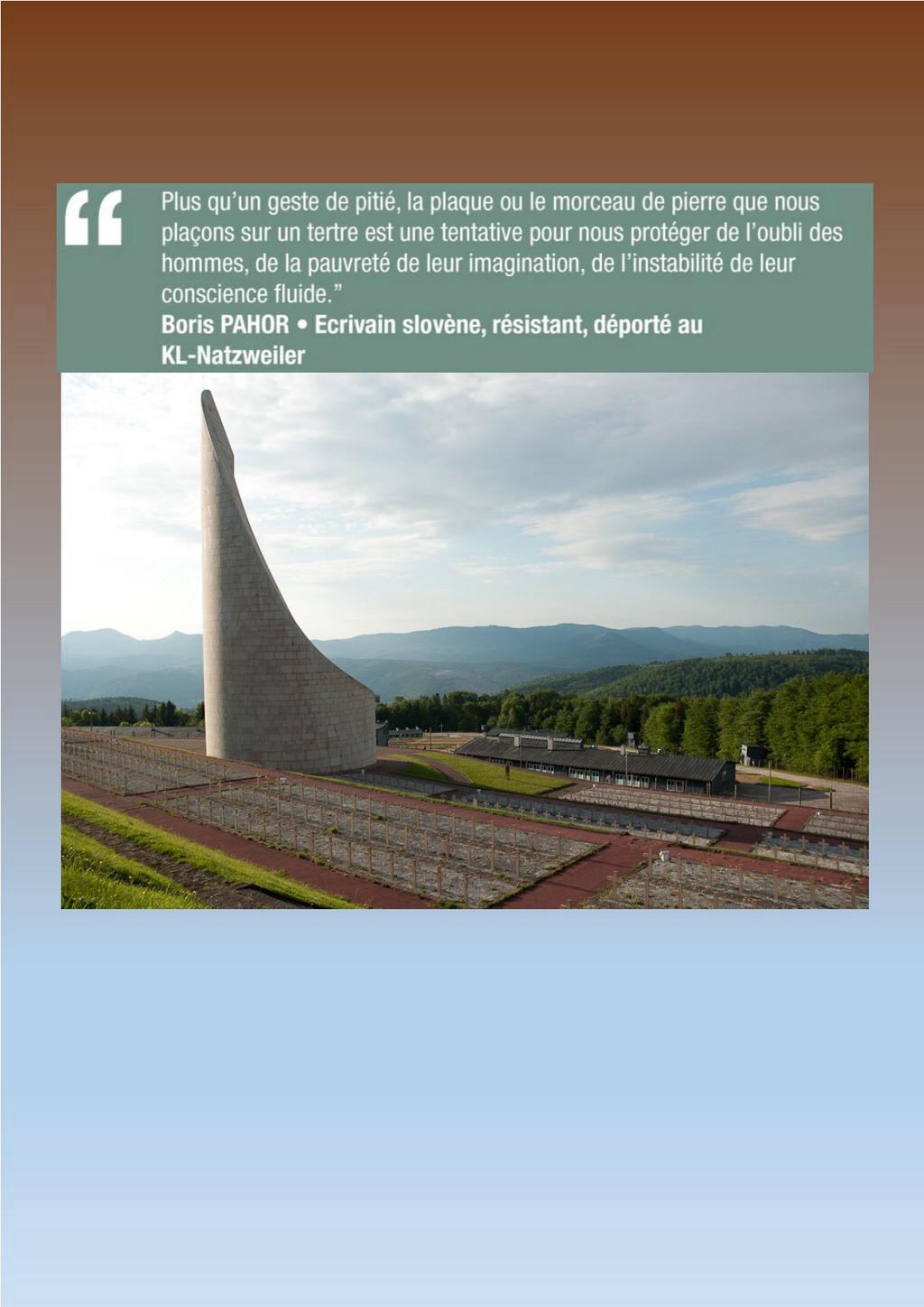I'm honored to take part in EnglishPen's World Poetry Day translation project. Imprisoned Cameroonian poet Enoh Meyomesse's work is focused on his experience of persecution and suffering. My translation of his poem
‘Mon chapeau, je te lève’ is found on their website. The project draws attention to Meyomesse's plight as well as that of many other writers whose voices have been silenced by repressive regimes.
I tip my hat to you, old hat
My old hat,
I tip my hat to you
You have known imprisonment
So that others may be free
I tip my hat to you, old hat
My old hat,
I tip my hat to you
You have known exile
So that others may be free
I tip my hat to you, old hat
My old hat,
I tip my hat to you
You have known persecution
So that others may be free
I tip my hat to you, old hat
My old hat,
I tip my hat to you
You have known handcuffs that eat away my skin
Fear that leaves me voiceless
My guts twisted in pain
My mouth dry as a stone
And my chest suffocating
And my hands that tremble,
That tremble
That tremble
Tremble
Tremble
ALL ALONE
Like leaves blown about in a tornado
You
Have felt the truncheon cruelly tearing at my back in the CHAPEL
and the boots kicking my ribs in rage and the machete
violently beating my swollen feet and the hut’s flimsy door
broken down and the mattress torn up in the dry-eyed search for pamphlets written by me and the straw ceiling pierced by the bayonet and the raffia roof torched with a smirk
I TIP MY HAT TO YOU, OLD HAT
Now that I’m the laughing stock of the world
Now that I’m the laughing stock of everyone
Now that I’m the laughing stock of my closest friends
I’ve discovered O God
That it’s not easy to give your soul your body your being your life as a sacrifice for the good of others
 Katherine Douglass | Comments Off |
Katherine Douglass | Comments Off | 
